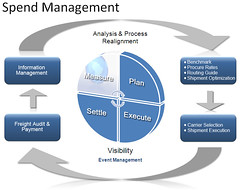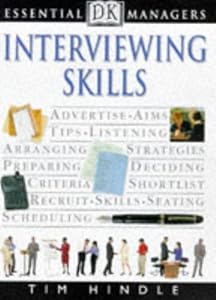| Spend Management cycle (Photo credit: CTSI-Global) |
In our conversation after my presentation, this individual told that after a long career in direct materials procurement, he recently made the switch to handling indirect spend. While my slides emphasizing the pronounced drop in raw materials prices didn’t change his immediate career plans, he lamented that now would actually be a GREAT time to be back in the world of direct materials. After years of being beaten up over commodity prices, the tide has turned and there are savings to be had. And I think everyone can agree…it’s a good time be able to save your company money.
This is the time when careers can be made. This market provides tremendous opportunity for sourcing and procurement professionals who can safely steer their companies through the volatility in the commodities markets.
Can you save your organization money? Can you minimize the risk of supply chain interruptions? Can you help your key suppliers weather the storm (and thus solidify your relationship)? If the answer is yes to those questions - and in this market it really should be - the opportunity to prove yourself as a savvy, critical member of the organization is tremendous. Smart employees who are instrumental to their company’s success during difficult times will reap the rewards. If you want to climb the ladder and bolster your resume, now is the time to act.









